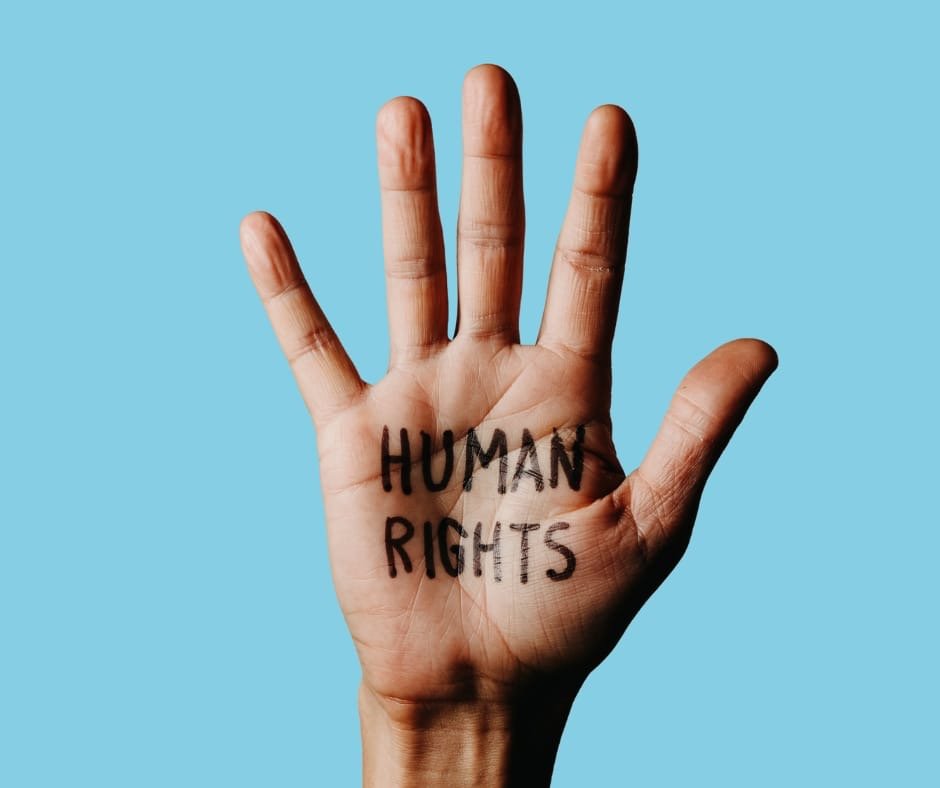
Why do governments abuse human rights?
Governments may abuse human rights for various reasons, often rooted in a combination of political, economic, and social factors:
1. **Power and Control**: Authoritarian regimes may suppress dissent and maintain power by infringing on individual freedoms, using tactics like censorship, intimidation, and violence against opposition groups.
2. **Political Instability**: In times of conflict or political unrest, governments might violate human rights to restore order, often justifying their actions as necessary for national security.
3. **Economic Interests**: Some governments prioritise economic growth over human rights, leading to exploitation of workers, marginalisation of certain communities, or displacement of populations for development projects.
4. **Cultural and Ideological Beliefs**: Certain regimes may hold specific cultural or ideological views that justify discrimination against particular groups, such as ethnic minorities or political dissidents.
5. **Lack of Accountability**: In environments where there is little or no accountability, government officials may feel empowered to act without regard for human rights, knowing that they are unlikely to face consequences.
6. **Global Influence and Pressure**: Some governments may be influenced by external pressures or align themselves with other nations that do not prioritise human rights, leading to a culture of abuse.
Addressing these abuses often requires international pressure, advocacy, and the promotion of democratic values and human rights standards.
Here are some additional insights into the reasons behind human rights abuses by governments, along with examples and potential solutions:
### 1. **Historical Context**
– Many countries have histories of colonialism, dictatorship, or civil conflict that shape their current governance. In these contexts, human rights may be seen as secondary to stability or national unity.
### 2. **Surveillance and Control**
– Governments may employ extensive surveillance systems to monitor citizens, stifling free expression. For instance, in some countries, social media is heavily regulated, and dissenting voices are silenced to prevent organised opposition.
### 3. **Manipulation of Laws**
– Governments may enact laws that appear to protect the public but are used to justify repression. Anti-terrorism laws, for example, can be misused to target political opponents or minority groups.
### 4. **Scapegoating and Division**
– To divert attention from internal issues, governments may scapegoat certain groups, creating a narrative that justifies their marginalisation. This can lead to widespread discrimination and violence against those groups.
### 5. **Globalisation and Economic Pressures**
– In a globalised economy, governments might prioritise attracting foreign investment over the protection of human rights. This can result in labor exploitation and environmental degradation, particularly in developing countries.
### 6. **Weak Institutions**
– In many cases, weak judicial and political institutions fail to protect human rights. Corruption and lack of independent oversight allow abuses to go unchecked.
### **Examples of Human Rights Abuses**
– **China**: Ongoing repression in Xinjiang, where Uyghur Muslims face mass surveillance, detention camps, and forced labor.
– **North Korea**: Extreme restrictions on freedom of expression and severe punishment for dissent, including imprisonment in labor camps.
– **Myanmar**: The Rohingya crisis, where thousands have been persecuted and displaced due to military actions against this ethnic minority.
### **Potential Solutions**
1. **International Pressure**: Governments can be held accountable through sanctions, diplomatic pressure, and public condemnation by the international community.
2. **Grassroots Movements**: Local and international NGOs play a crucial role in advocating for human rights and providing support to affected communities.
3. **Education and Awareness**: Promoting awareness of human rights can empower citizens to demand accountability and justice from their governments.
4. **Strengthening Institutions**: Supporting the development of independent judicial systems and civil society organisations can help ensure that human rights are protected.
5. **Engagement with Technology**: Utilising technology for transparency and monitoring can aid in documenting abuses and mobilising support for victims.
By understanding the complex interplay of factors leading to human rights abuses, society can work towards more effective solutions that promote justice and accountability.






